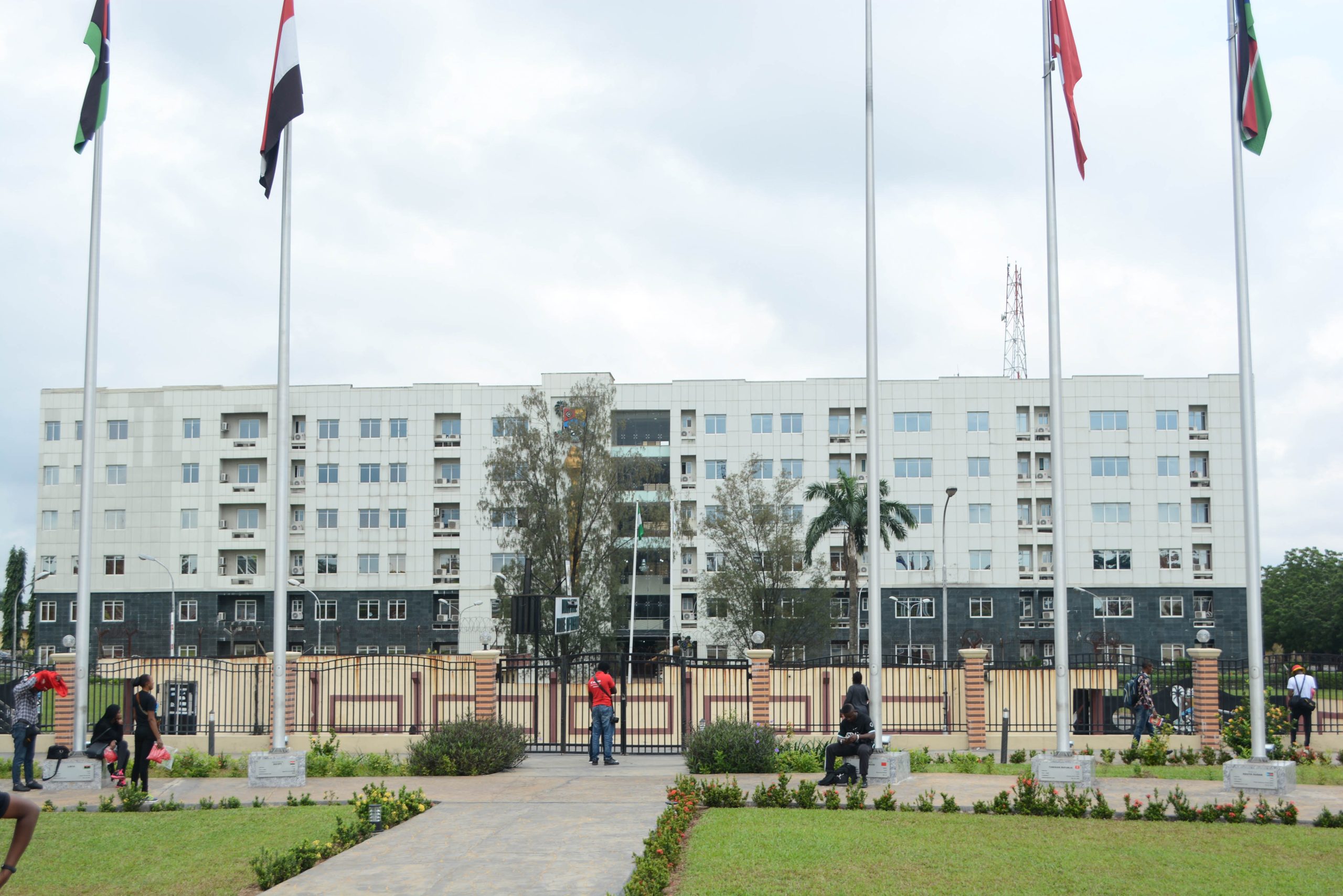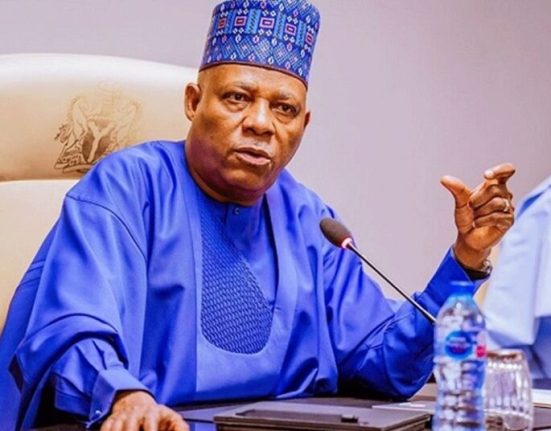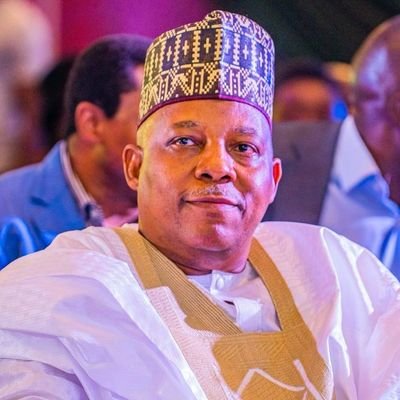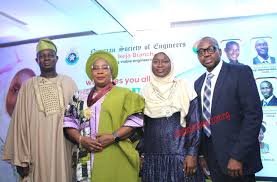In a landmark move to ensure consistency in legislative processes across Nigeria, the 36 state Houses of Assembly have adopted harmonized standing orders to standardize procedures for suspension, impeachment, and other legislative actions.
The new framework, ratified during a workshop in Lagos on Thursday, aims to unify disciplinary measures, including the suspension and removal of presiding officers and members, as well as streamline procedures related to budget approvals, executive appointments, and legislative reports. The event was organized by the Konrad Adenauer Stiftung in collaboration with the National Institute for Legislative and Democratic Studies (NILDS) and attended by the Conference of Speakers of State Legislatures of Nigeria.
A Step Toward Legislative Unity
The Chairman of the Conference of Speakers and Speaker of the Oyo State House of Assembly, Adebo Ogundoyin, emphasized that this harmonization aligns Nigeria’s legislative framework with international best practices. Countries such as the United States, South Africa, and Rwanda have successfully implemented similar standardized legislative structures, he noted.
“This monumental step forward, which began in 2021, is not just a procedural reform—it is a strategic move to enhance the efficiency, transparency, and uniformity of legislative operations across all state Houses of Assembly,” Ogundoyin stated.
He added that the uniform rules would not only improve legislative oversight but also foster greater accountability and collaboration among the states. He expressed confidence that all 36 state legislatures would adopt the harmonized standing orders within the next three months.
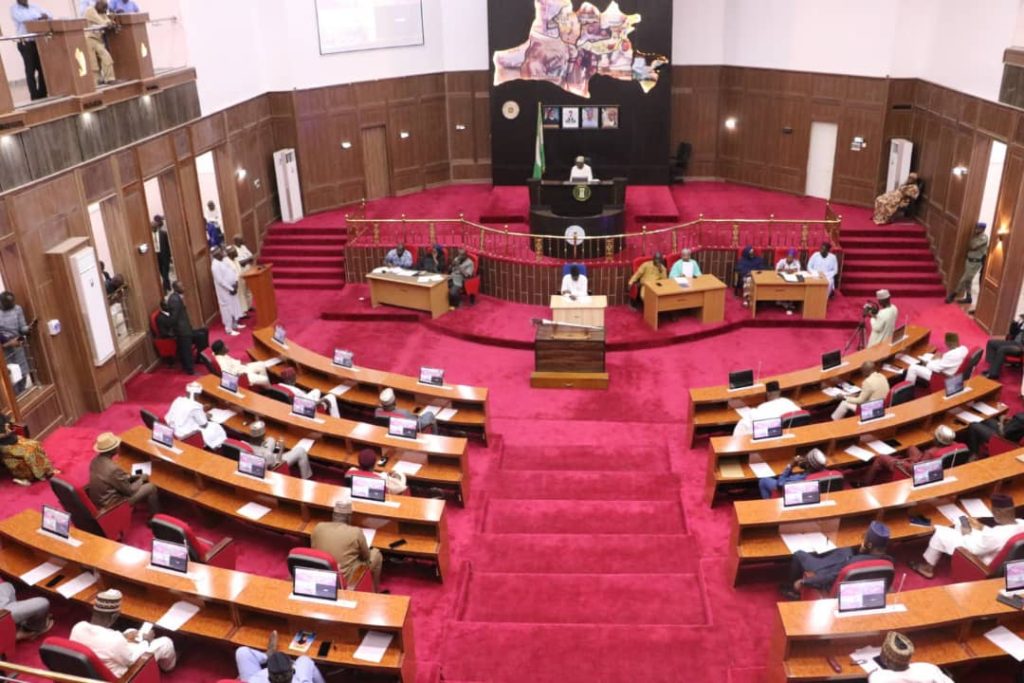
“By standardizing our legislative rules, we are strengthening democratic governance, reducing ambiguity in legislative processes, and ensuring a more stable and autonomous legislative environment at the sub-national level,” he said.
Ogundoyin also credited international partners, particularly the German Government and the United States, whose 50-state legislative system operates under a centralized order, for inspiring this initiative.
Enhancing Stability and Reducing Political Interference
The Resident Representative of Konrad-Adenauer-Stiftung Nigeria, Marija Peran, underscored the importance of a uniform legislative structure, particularly in light of recent political crises in Rivers and Lagos state Houses of Assembly. She highlighted that the new framework would ensure consistency, transparency, and efficiency in legislative operations.
“We are only two and a half months into 2025, and some state Houses of Assembly have already faced major upheavals. This shows that neither stability nor democratic processes can be taken for granted,” Peran remarked.
She added that the harmonized rules would reduce procedural discrepancies, enhance collaboration, and create a more cohesive legislative environment across the country.
Safeguarding Legislative Autonomy
The Director-General of NILDS, Prof. Abubakar Sulaiman, addressed the vulnerability of state legislatures due to executive interference. He noted that standardizing Standing Orders would protect legislative autonomy by providing clear procedural guidelines and shielding lawmakers from undue political influence.
“We must reflect on the lessons from Rivers, Lagos, and similar past incidents. A harmonized framework will strengthen legislative independence, promote consistency in parliamentary practice, and prevent undue executive and judicial interventions,” Sulaiman stated.
A Long-Awaited Reform
The process of harmonizing legislative rules began in 2016 but gained momentum in 2021, leading to Thursday’s formal adoption and ratification.
With the new standing orders in place, Nigeria’s state legislatures are set to function under a more unified, transparent, and accountable system, ensuring greater stability and efficiency in governance.

